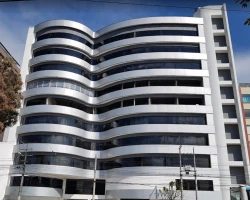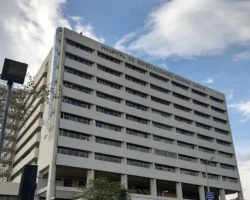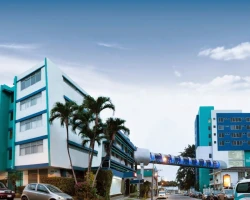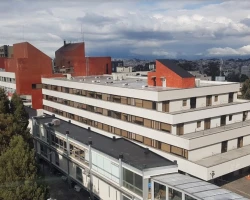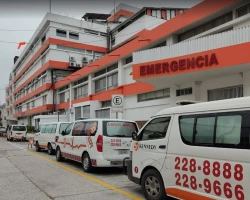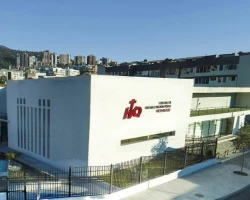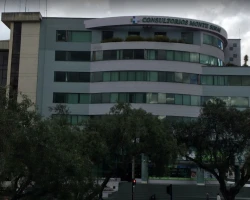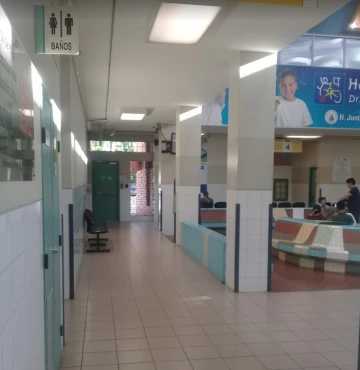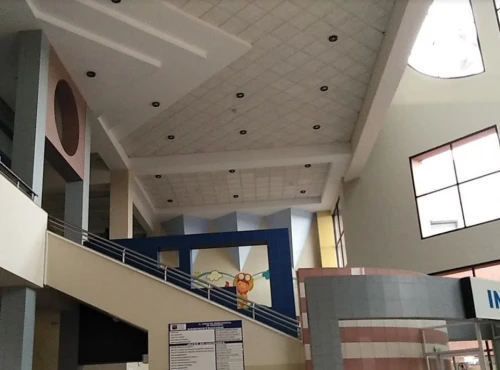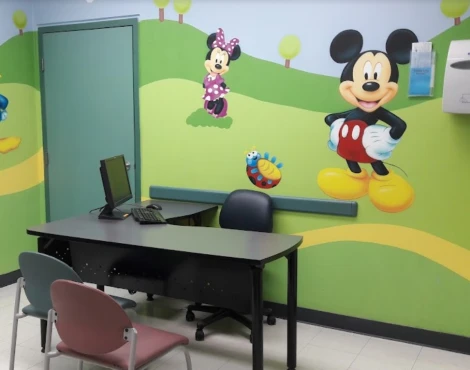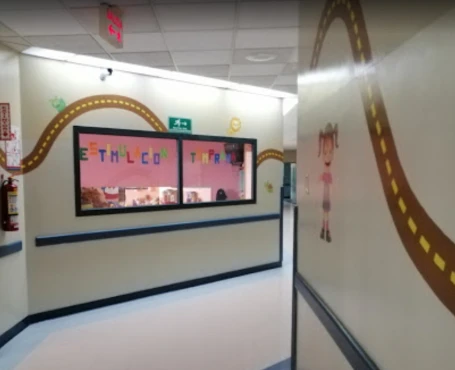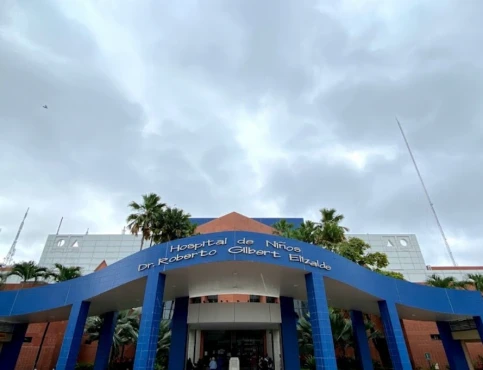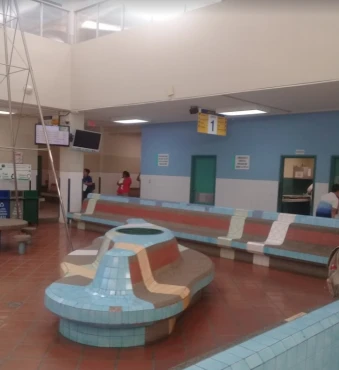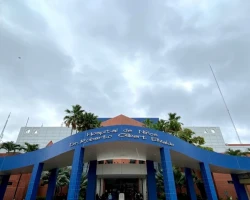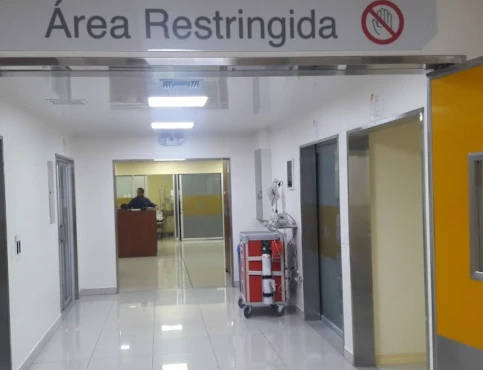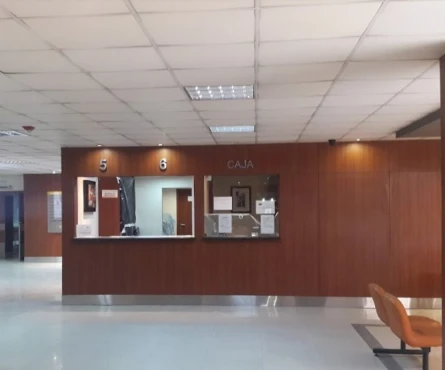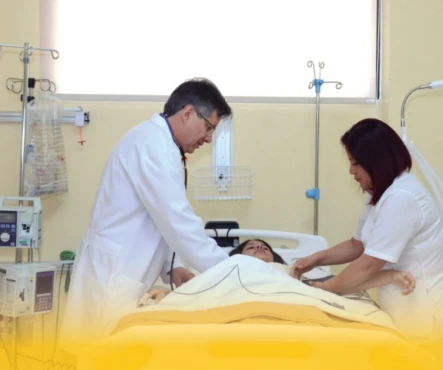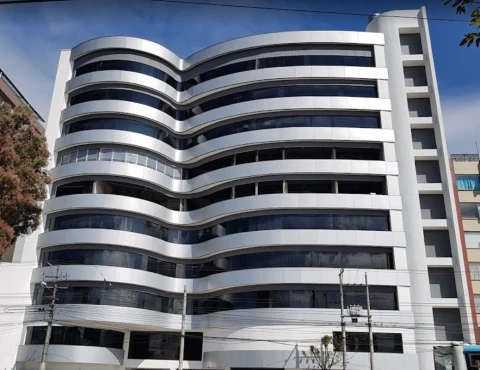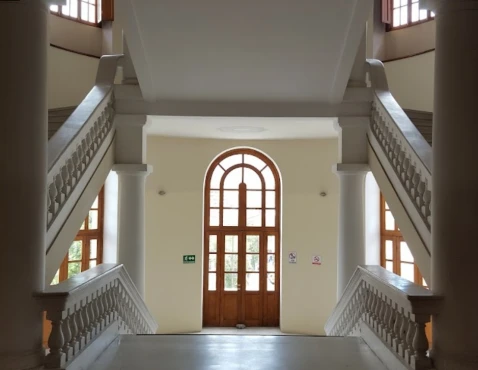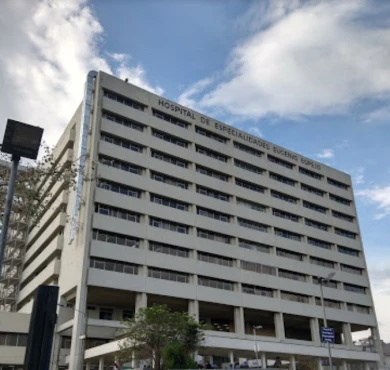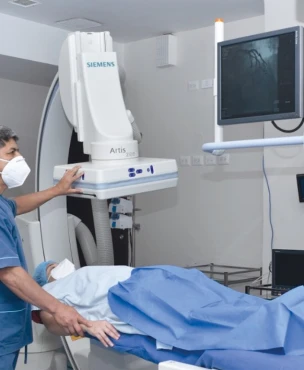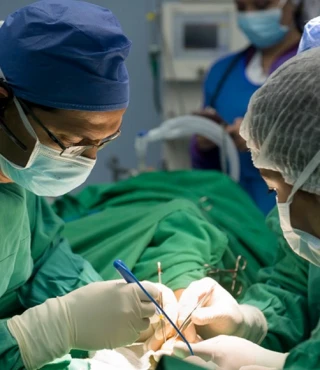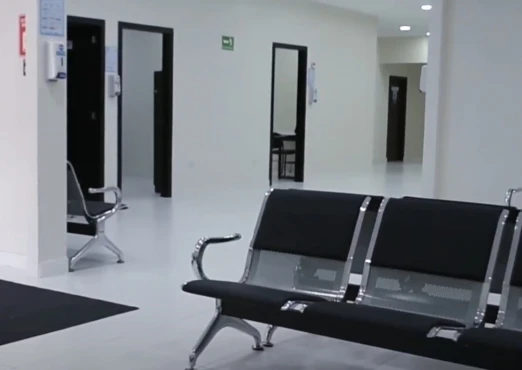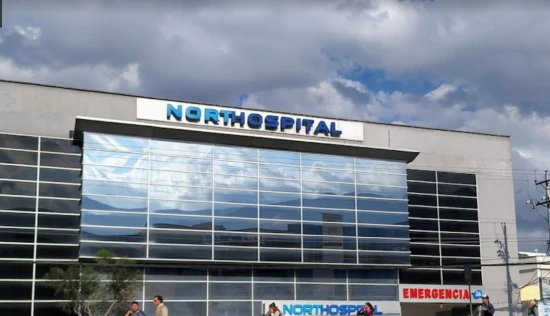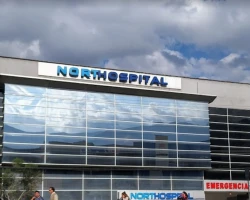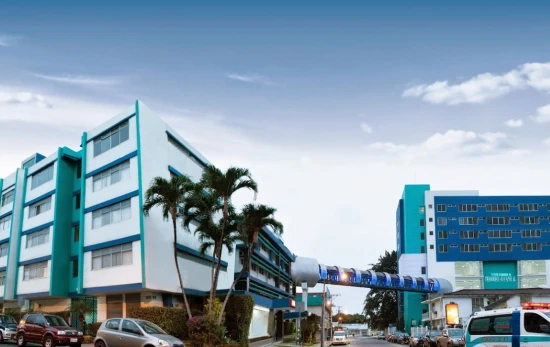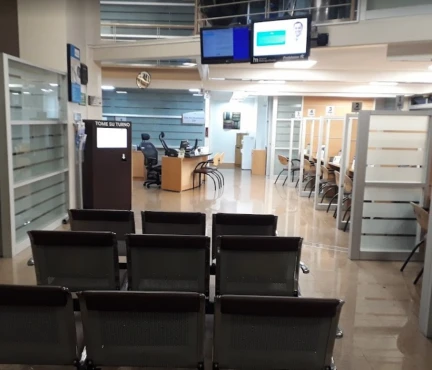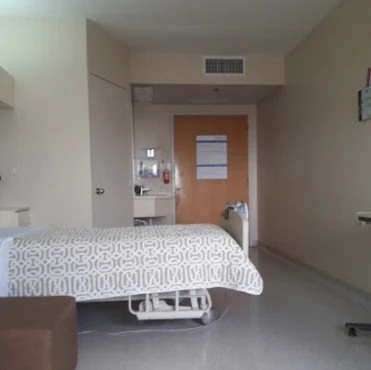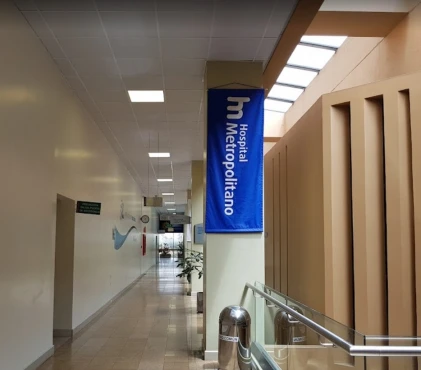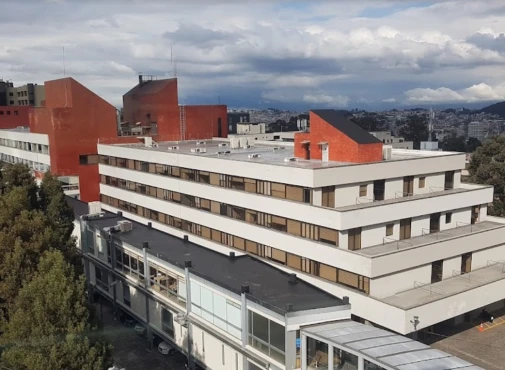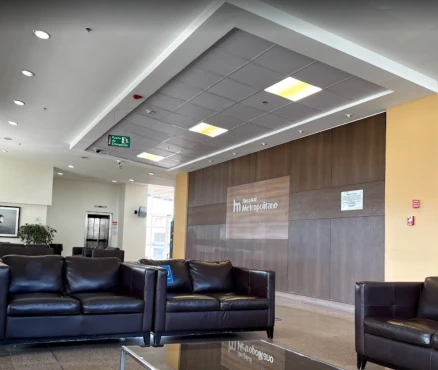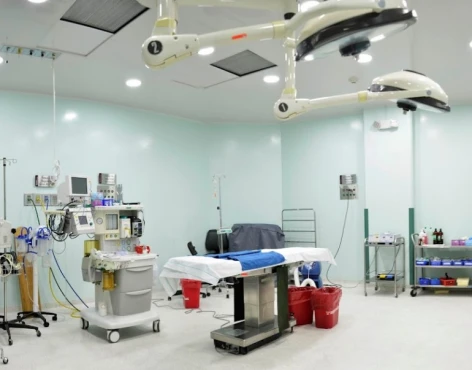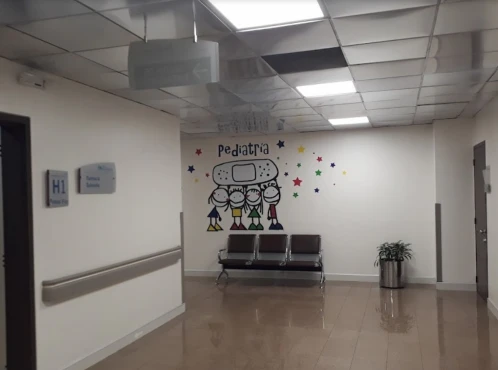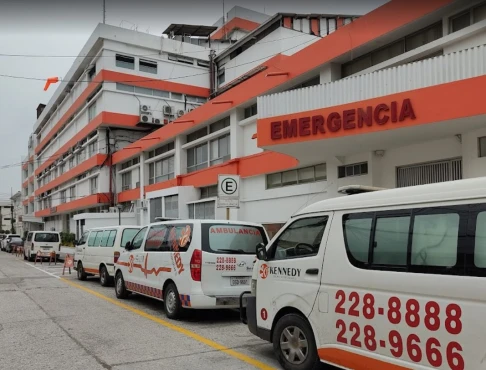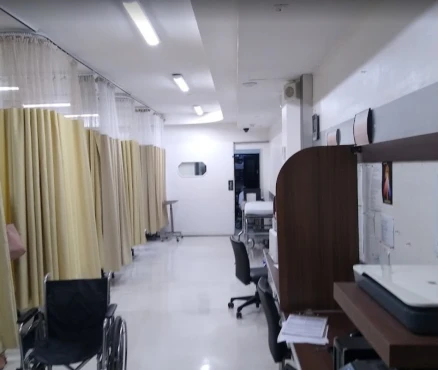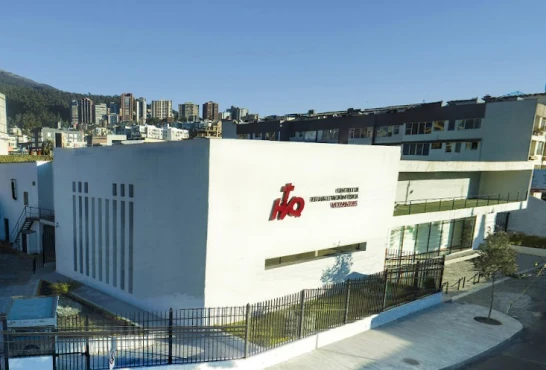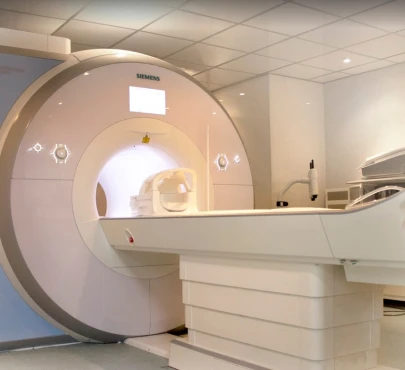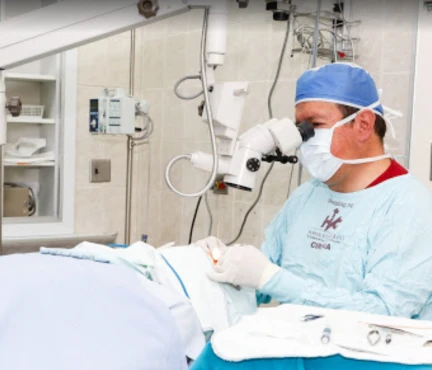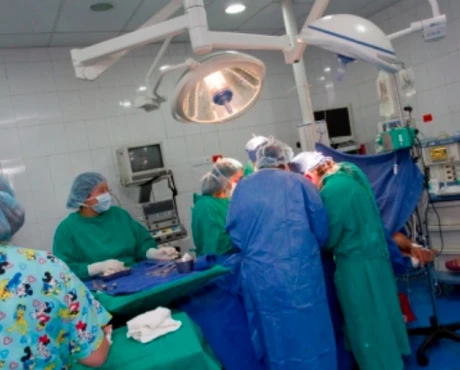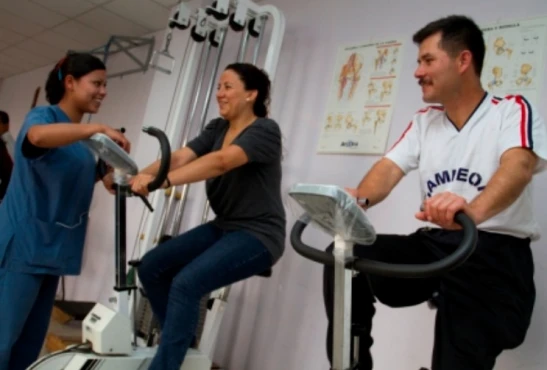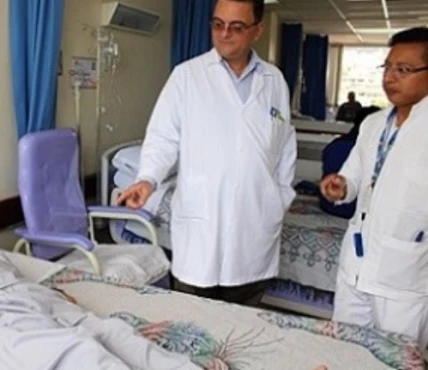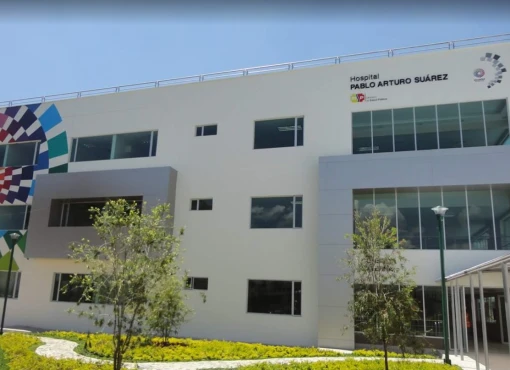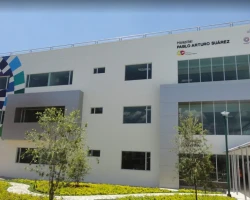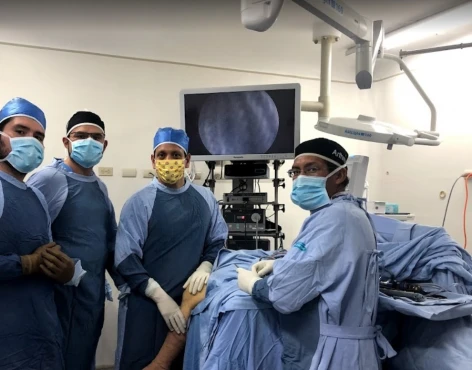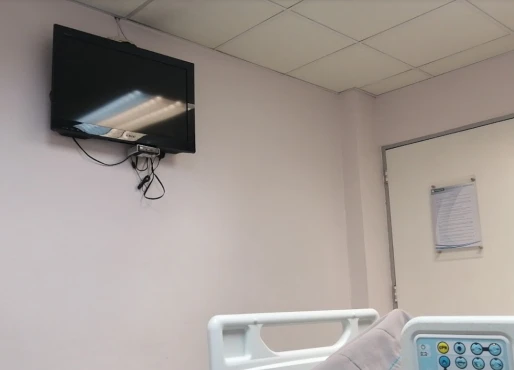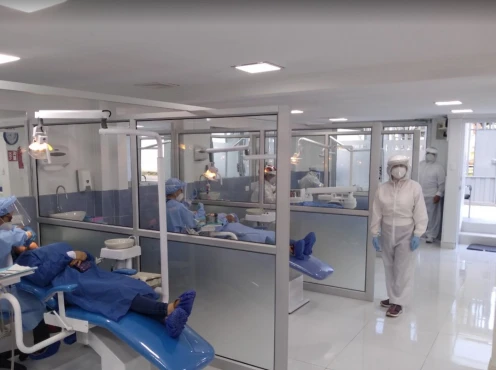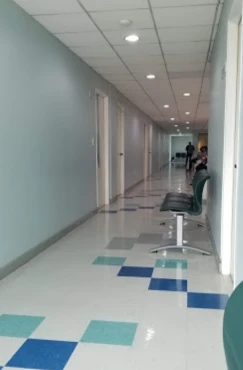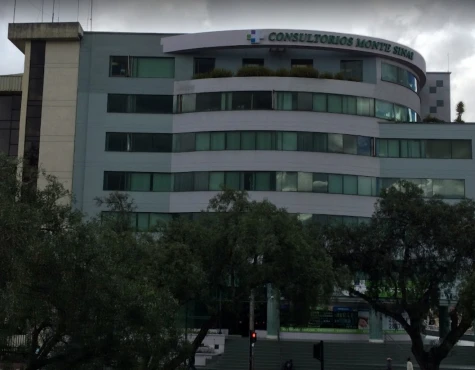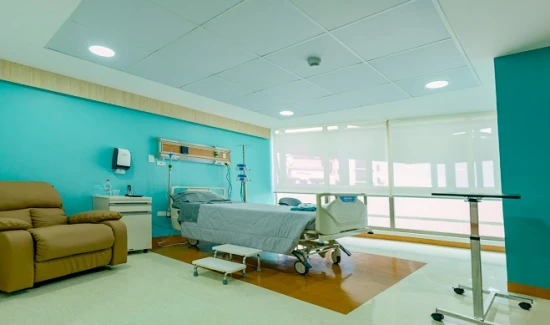from John Greenhalgh
November 03, 2023
In Sept 2023 in Cuenca, my upper arm was broken in 4 places and I needed surgery to repair the bones (titanium screws, metal plate,). I was hospitalized at Mt Sinai for two days, required a month of 6 hr/day in-home care by rotating team of Mt Sinai nurses, and had subsequent 5x/wk physicaltherapy x 2 months .The care I received was extraordinary at every level. I can't praise the competence and personal care enough.
from John Andre
July 14, 2023
I was just digging through some old boxes and I found the paperwork from when I had to make a visit to Monte Sinai hospital when I got sick in Cuenca back in 2017. It brought back the memories of the amazing treatment I received there. I got insanely sick while visiting Ecuador. Before I got to the hospital, I thought I was going to meet my demise and I was saying my prayers. Thank goodness to the wonderful doctors and staff at this place because they took great care of me. I didn't get to see the entire hospital, but from what I saw from my point of view, they seemed to have pretty much everything there that you would find at a regular United States hospital. Plus, all the doctor's I saw there spoke English too. The experience also really opened my eyes to make me aware of how the statesides hospital rip Americans off. I don't know if their prices have changed since then, but my entire cost with testing and treatments and medication was right around $100. No you did not read that wrong, ONLY about one hundred dollars USD. Another way Ecuador helped me to realize that the United States is good at taking advantage of their citizens, is that when you go into the pharmacies there, the medication is a fraction of the price in the United States and many of them you do not even need a prescription for. Well I just thought I would share my experience for whoever wanted to read a real review on this place.
from S Sands
September 21, 2022
There is only one internationally rated hospital in Ecuador and it is in Quito. After 10 days in this hospital, they are decades away from being accredited. They do not have a lot of basic equipment. Suffice it to say… it took 5 days just to find me a washcloth. Had to stay an extra 3 days due to their neglect. Ecuadorian health care is ranked 101 in the world. U.S. is ranked 32. You chose.
